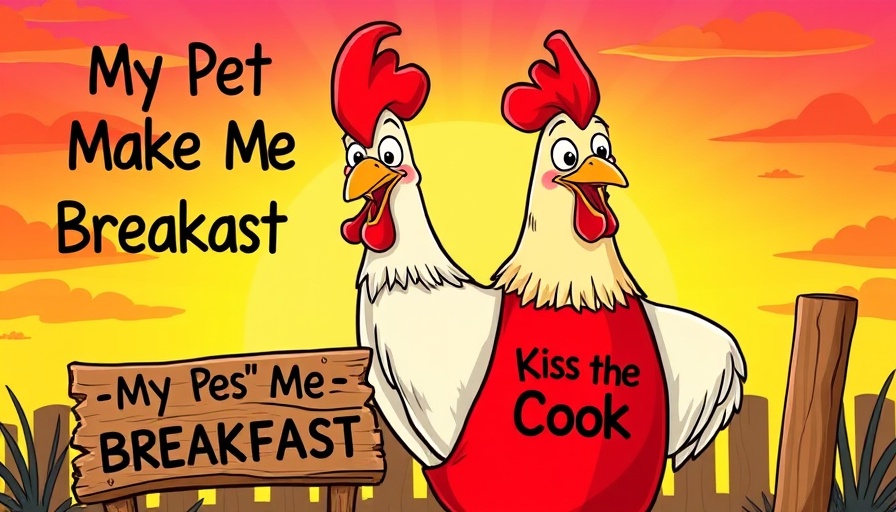
Understanding Basic Obedience in Birds
When discussing basic obedience in birds, one might picture well-trained dogs performing tricks. However, the concept of obedience in avians encompasses a different set of behaviors and understanding. Basic obedience in birds typically refers to their ability to respond to simple commands and cues. It involves training that helps strengthen the bond between the bird and its owner, promoting a harmonious relationship, and ensuring the bird’s safety.
The Importance of Socialization
Socialization is a critical component of teaching obedience. Birds thrive in environments where they receive regular interaction and exposure to various stimuli. A well-socialized bird is typically more receptive to training and is less likely to exhibit fearful or aggressive behaviors. Training sessions should be approached with patience, using positive reinforcement techniques. This encourages desired behaviors and helps the bird associate commands with positive outcomes, such as treats or affection.
Common Commands and Their Benefits
Some common commands for birds include "come," "stay," and "step up." These commands facilitate not just obedience but also the bird's safety. For example, teaching a bird to come when called can prevent accidents, allowing the bird to recall to a safe place during outdoor excursions. Moreover, establishing these commands can reduce stress for both the bird and owner, creating a predictable routine.
Challenges in Training
It’s important to recognize the challenges associated with training birds. Unlike dogs, many species may not have a natural inclination to follow commands. Factors such as individual temperament, species-specific behaviors, and environmental variables can affect training outcomes. Understanding the bird’s natural instincts and limitations is essential for setting realistic expectations. Consistency and patience are key tenets of successful training methodologies.
Summary of Training Benefits
In summary, basic obedience training is not just about controlling or commanding a bird; it builds mutual respect and understanding. As owners embrace these training aspects, they pave the way for healthier, happier avian companions. Such training enhances the overall wellbeing of birds, encouraging them to thrive within home environments.
 Add Row
Add Row  Add
Add 




Write A Comment